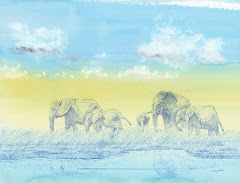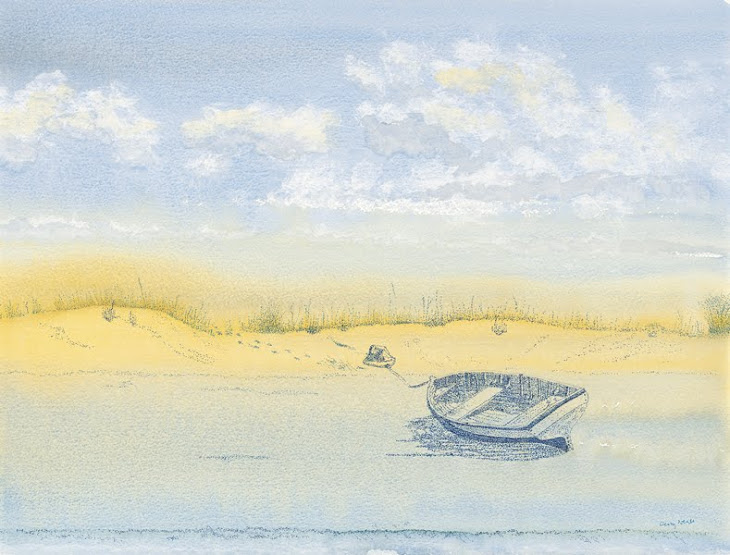There are a few pretty disappointing and even scary facts about the way we define reality. The first is that while that first sentence of this article implies we all define reality in the same way, the truth is we most definitely do not. We each define our own! And research shows, most of us only see what we want to see to establish our sense of reality.
And it is either helping us move forward or it is holding us back.
Only when, and for some people it is a very big Ask, we each accept full accountability for what we will find in our search for reality, will we get near to what it is. Otherwise we stay nearer to what we want to feel our reality is or to what we want to think it is.
As we stand in a town square or in a city station, we can let our senses take in the scene we are part of. We can and should remind ourselves that what we judge to be going on around us can only be based on what we ourselves recognise or have had some previous experience or knowledge of. Most of what we see and hear is familiar.
To prove the point, imagine yourself in a very different city with a very different culture of values, dress, and behaviour. See yourself in a country somewhere quite unrelated to our own. Much of what we see will seem very odd, even unacceptable.
Our senses tell us it is a very peculiar place. Yet the truth is that the perceived reality of that foreign place is only weird because first we do not know the origins of activities and behaviours we can see acted before our eyes. But second , and far more significantly, we consciously and sub-consciously search our entire memory bank to give us something to compare it with and we can't find it. So what do we do then! We tell ourselves these are very odd people we are amongst!
We ignore the truth that the conclusions we are making are much more a reflection of our own culture where there is no point of reference, than it is a helpful assessment of the place in which we suddenly find ourselves.
We can even feel the activities there to be so odd we want to get back to the "reality" we are familiar with. Alternatively, we can of course prefer what we see and immediately want to adopt this new reality, and forsake our previous one.
Why can this be so important to the way we think and behave?
If we feel that the reality we live in represents a reassuring comfort zone in which we feel happy and safe, then I guess we can just continue to make sure that we do nothing to question or endanger that interpretation of reality.
If on the other hand we want to be shot of that form of existence, to leave it, to shed it as some sort of oppressive cloak over us, then there is a fundamental advantage to be had if we analyse that unpleasant sense of current reality from every angle.
Questioning how things seem to be, however displeasing, and analysing what has caused the unsatisfactory state of affairs to be will soon stir a real change of heart within us.
If we have known in our heart, we are not in a good place and we have visualised a new, different and preferred place which is where we want to be, then a strange and positive desire will be unleashed within us to get to the new place or new life.
Oddly, the more we check out and become crystal clear about our current position, the more our desire intensifies still more into a force of unbridled energy. It seems designed to carry us forward until we arrive in the new guise or new place or role we have fixed in our minds.
To state it simply, the mind cannot hold two contradictory notions or pictures. The strongest mental picture will always win out over the weaker. Having a really vivid picture of where one wants to be is one key part of the motivation puzzle. But critical also is that we should have the clearest picture of the undesirable position we are in.
The mind cannot cope with the contradiction and provides us with the drive to correct it.
Subscribe to:
Post Comments (Atom)






No comments:
Post a Comment